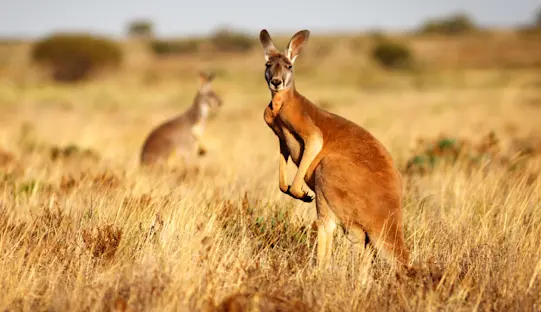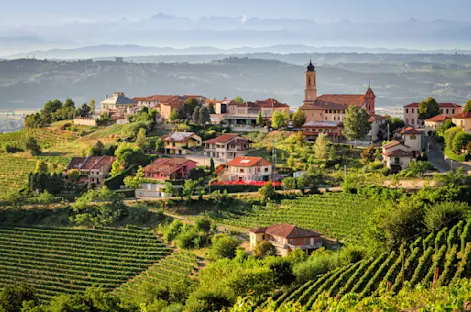Videos & Webinars
VIDEO | Experience Baja's Gray Whales with Nat Hab
Encounter friendly gray whales up close in Baja, Mexico’s San Ignacio Lagoon from Nat Hab’s exclusive eco-camp nestled on the shoreline.
WEBINAR | Underwater Conversations: How Whales & Dolphins Communicate
Beneath the ocean’s surface, marine mammals communicate in remarkably complex ways. Mexico Expedition Leader Andrea Adame explores how whales and dolphins use sound, movement and social behavior to navigate their world and interact with one another. Focusing on the gray whales of Baja, Mexico, she shares insights into their intelligence and communication, along with their curiosity around humans. Plus, find out how you can encounter these behaviors on our Great Gray Whales of Baja adventure.
WEBINAR | Cruising with Steinbeck on the Sea of Cortez
In 1940, author John Steinbeck and biologist Ed Ricketts set out aboard the Western Flyer to explore the Sea of Cortez—a journey that bridged literature, science and philosophy, later chronicled in Steinbeck’s classic The Log from the Sea of Cortez. Mexico Expedition Leader Sofia Merino—who recently toured the restored Western Flyer—revisits their voyage and its modern legacy, revealing how their observations still resonate today, inspiring new conversations about conservation, climate change and our connection to the sea.
WEBINAR | Humpback Whale Conservation: Saving Mexico’s Gentle Giants
Each winter, hundreds of humpback whales migrate to the warm waters of Mexico’s Pacific Coast (where we meet them on our Great Gray Whales of Baja adventure) to mate, give birth and nurture their young. Expedition Leader Karel Beets, a marine biologist and co-founder of the nonprofit Ecología y Conservación de Ballenas (Ecology and Conservation of Whales), shares insights from nearly 30 years of research and guiding. Learn about humpback whale behavior, the conservation challenges they face and the work being done to protect them.































